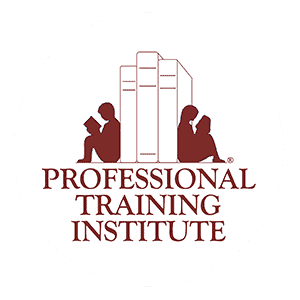
As a society, we seem to be in a constant state of multi-tasking. We watch television, surf the Web, and talk on the phone simultaneously. Meanwhile, we have dinner in the oven, and are watching the kids on the swing set out the kitchen window. In today’s modern world, sometimes it’s just unavoidable. We want to teach our children the importance of listening, paying attention, and following directions, but it can be tricky when we’re not always leading by example. We forget that these skills are not innate—they must be learned.
Of course, not all learning is done in a classroom. Think back to the staples of your own childhood: playing games, building forts, jumping rope, drawing pictures, making up stories. You probably thought it was just for fun, but little did you know that all the while you were learning! These types of activities build language skills, such as listening, speaking, and thinking, and executive functioning skills such as following directions, planning, and paying attention to a task.
Setting and following a routine that incorporates activities to foster the development of these essential skill sets creates an environment in which children can grow, learn, and thrive. Here are some suggestions on where to start:
- Set specific days, times, and places to perform particular activities—everything from waking up, to eating, to chores, to relaxing—and stick to it! Teach children to perform tasks associated with these routines in a sequence (for example: arrive home from school, have a snack, do homework, set the table for dinner). These may seem like small details, but consistency helps children perform routines automatically, internalize directions, and learn to follow them.
- Determine day and time limits for television, video games, and other electronic activities. Keep electronic devices turned off during morning and bedtime routines so the body has time to naturally wake up or wind down, and to help children focus on accomplishing their tasks.
- Make time for creative activities that develop imagination, attention to detail, concentration, and focus. These can include painting, reading, being read to, telling stories, building, puzzles, drawing, crafts, having conversations, etc.
- Increase physical activity, such as exploring the outdoors, bike riding, or playing at a local park. Provide opportunities for both independent and group play in both structured and unstructured settings. Interaction with peers is crucial for a child’s social skill development.
- Institute a weekly board game night with friends and family! Playing board games is a great way to build critical thinking skills and social skills, like taking turns.
- Have a specified time and separate workspace for homework to help children transition into an academic mindset. It is also helpful to get them in the habit of packing up their bag for the next day once their work is complete the night before.
- Sit down to family meals at specified times. This will provide consistency, further develop social skills, and ensure that kids are fueled for learning. Moreover, according to a number of reports issued by the National Center on Addiction and Substance Abuse at Columbia University (CASA), children who eat at least five times a week with their family are at lower risk of developing poor eating habits, weight problems, or alcohol and substance dependencies, and tend to perform better academically than their peers who frequently eat alone or away from home. (1)
- Provide children with a consistent bedtime each evening with a routine, such as taking a bath, reading, or listening to an adult read to them. Disconnect all electronic devices in the sleeping area so that children can get a deep, uninterrupted rest.
It’s imperative that when children are developing the ability to initiate and complete tasks, they are applying all of their cognitive energy and focus to the pursuit at hand. Equipped with the base skills to handle individual responsibilities will much better prepare them for the inevitable multi-tasking that lies ahead.
(1) CASA Columbia 2012, The Importance of Family Dinners VIII.










Jaydin Skinner says: